Background
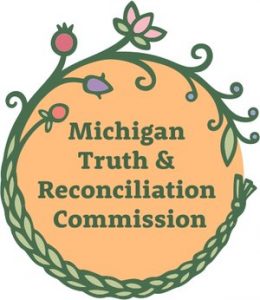
The Truth and Reconciliation Commission (TRC) was officially launched in June 2022. It is the culmination of building, growing, and strengthening the Native Justice Coalition across Michigan and the Great Lakes over a number of years. A small and passionate group of community members from all different backgrounds, locations, ideas, and life paths came together seeking change and justice for Indigenous people. What started as an idea of how to further healing in our communities has now birthed into an action and advocacy initiative to address boarding school trauma for our people across the state of Michigan. This work is linked to greater movements of truth and healing that span across our Native communities in the United States, Canada, and the world. Just as the Native Justice Coalition was brought to life out of a small home office, the Truth and Reconciliation Commission was formed by a small and passionate group of community members from all different backgrounds, locations, ideas, and life paths seeking change and justice for Indigenous people.
Four Key Priorities
- Truth & Reconciliation – Native Justice Coalition and its partners engage the State of Michigan, its communities, citizens, and political leaders in a process of truth and reconciliation for its role in Indian boarding schools to ensure Indigenous people are seen, heard, respected, and treated equitably; to heal Indigenous people and their communities of historic trauma through empowerment, care, and investment; and to tell healing stories that reflect an accurate history.
- Healing Our People & Our Communities – Establish communities of care designed to provide treatment and ongoing support to survivors, families impacted by the Indian Boarding School policy and adoption practices, and Native communities struggling with historic trauma and the social, emotional, spiritual, and cultural impacts of the systematic process of assimilation.
- Strengthening ICWA – Protect Indigenous children from abuse, neglect, and trafficking by strengthening the State of Michigan’s compliance with the Michigan Indian Family Preservation Act (MIFPA) and the Indian Child Welfare Act (ICWA). This will ensure the long-term commitment by the State of Michigan to support healthy family systems and positive youth development in Native American families.
- Building a Strong Ecosystem – Establish the Native Justice Coalition as a thought leader and global exemplar seeking truth, healing, justice, and reconciliation for the intergenerational trauma experienced by survivors and descendants of the Indian Boarding School policy and adoption practices of Indigenous infants and children.
Boarding School Survivor Advisory Council
Learn more about our Boarding School Survivor Advisory Council.
Commission Events
Learn a bit more about what the TRC has been doing recently.
Letters to Survivors
We are sending out letters to survivors to celebrate the journey of healing and resiliency within our Native communities.
Truth & Reconciliation Commission Working Group
Learn about the TRC Working Group and what they do.
Strategic Plan
The NJC’s strategic plan provides a realistic analysis of our internal and external resources.
2nd Annual Children’s Remembrance Walk – Keweenaw Bay Indian Community – Baraga, MI – July 2022
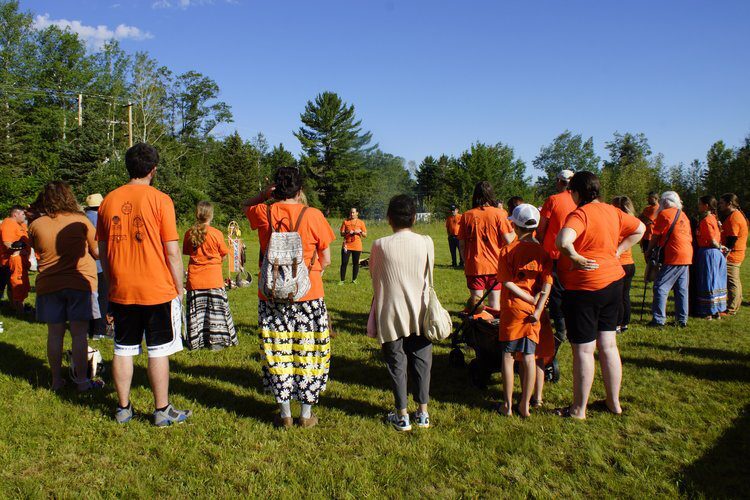
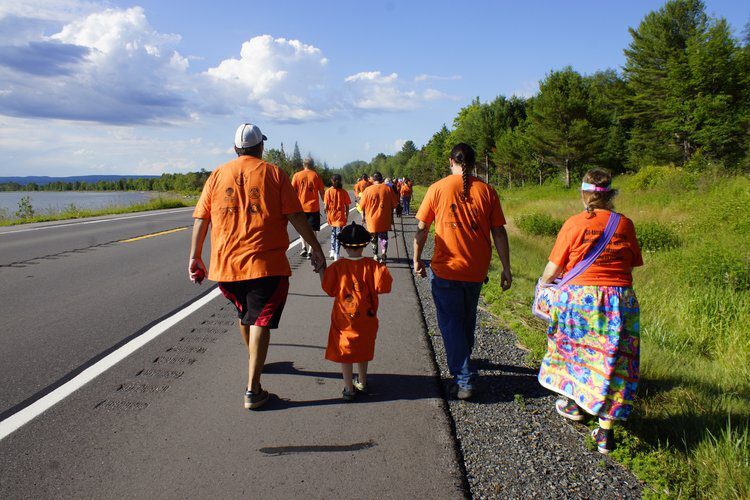
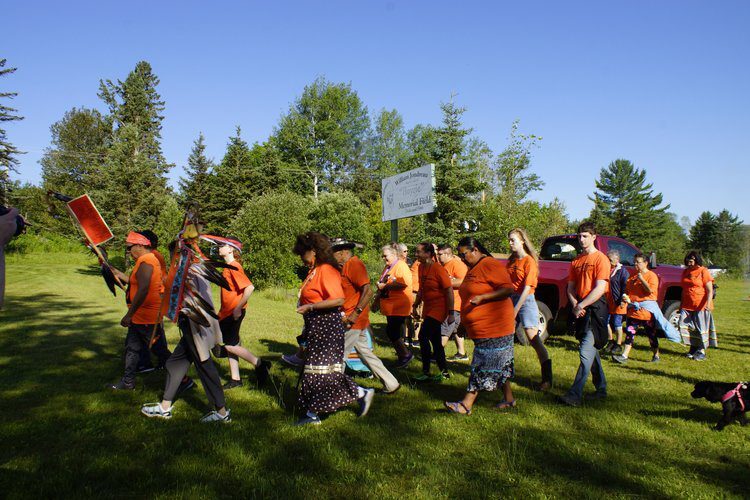
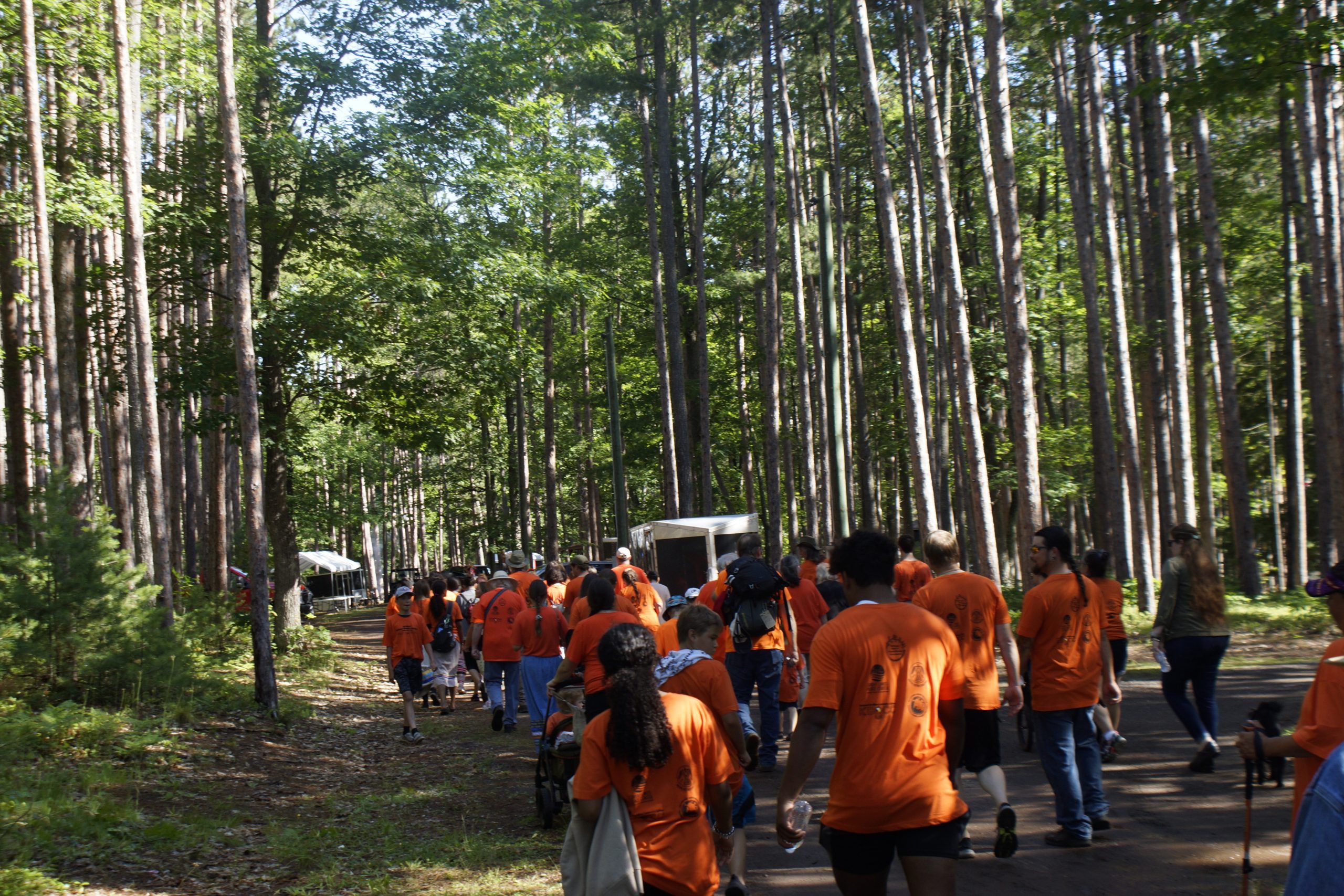
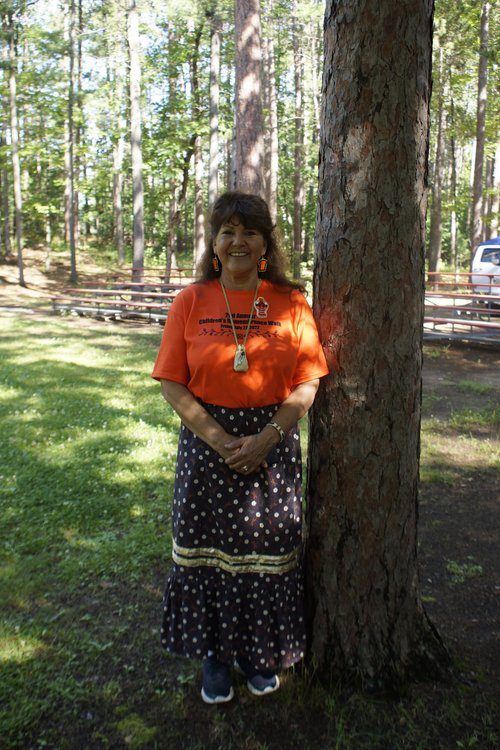
“Linda Cobe, a member of the task force and a Lac Vieux Desert Band tribal member, was 5 when she was taken to the Holy Childhood of Jesus Catholic Church and Indian School in Harbor Springs.
“I remember the loneliness, the children crying every night for their parents, and not being able to understand why we were there,” she said. “It was a fearful time, because you got beat a lot for little infractions, and it was very demeaning, humiliating, cruel at times … you grow up, and you look back at the hypocrisy of what they were trying to teach us with Christianity and then treating innocent children like they did.”
In her siblings, the trauma manifested in poor health, she said. Two older brothers who attended the school for longer than she did died in their 20s. Her sisters, one of whom went to the school, developed diabetes. Cobe’s suffered from health issues including hypertension.
“I went through a lot of personal problems, and it was a struggle to get back on my feet, to make something of myself, after you’re told all the negative, ‘You’re no good, you’ll never amount to anything,”
she said. Cobe is now a member of the commission’s task force, helping to set policy and strategy. Her goal is to help people heal”
-Children’s Remembrance Walk Addresses Impact of Native American Boarding Schools